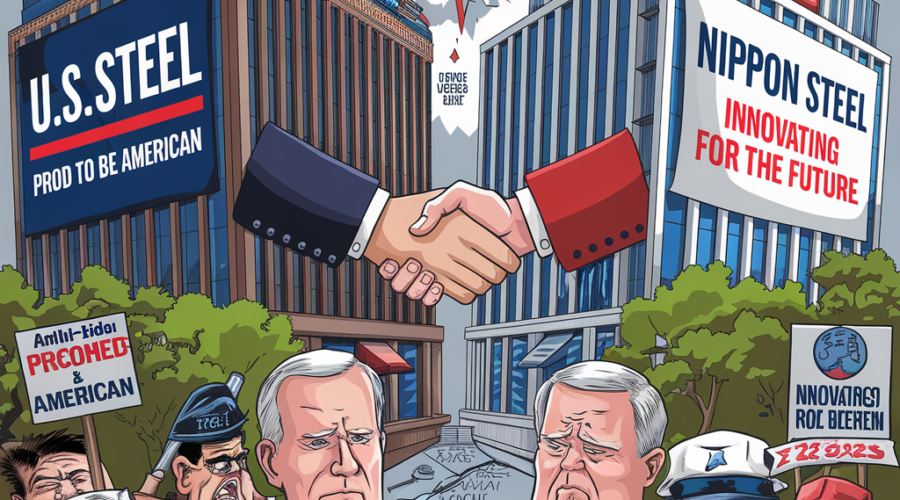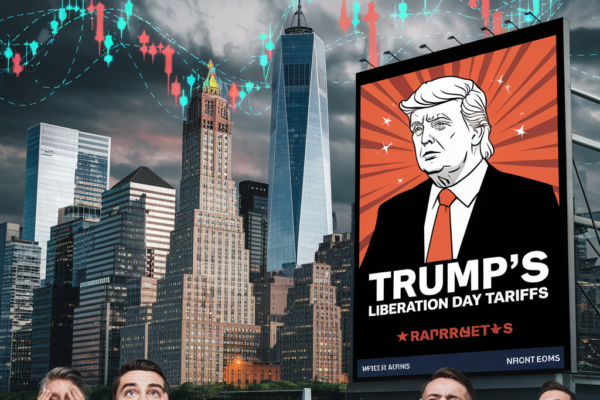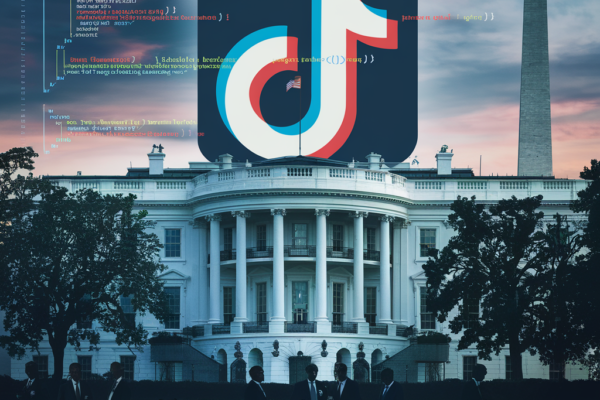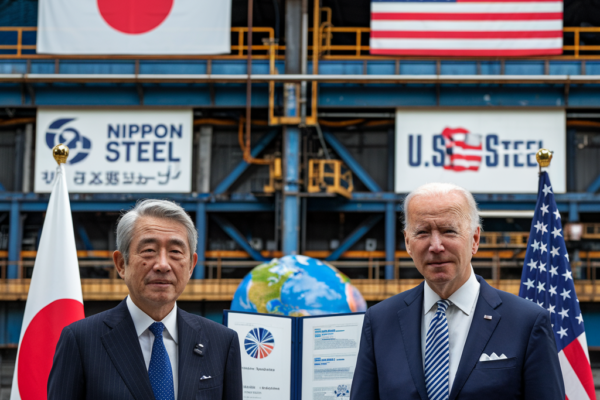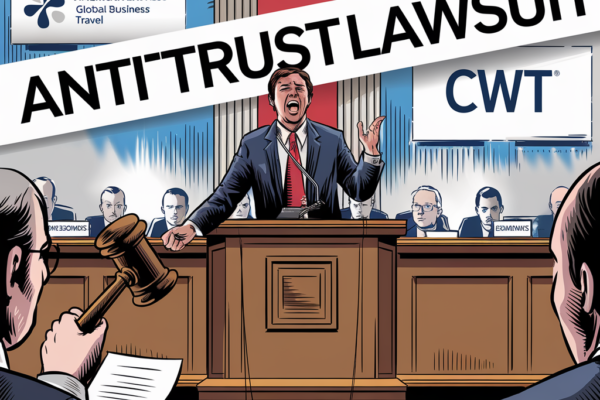- Political Dynamics: The Biden administration’s decision to block the $15 billion U.S. Steel-Nippon Steel merger reflects the intense political dynamics surrounding the current election cycle.
- Domestic Interests: To appease labor unions and domestic stakeholders opposed to the acquisition, the administration has compromised its “friend-shoring” strategy aimed at strengthening alliances.
- National Security Concerns: Citing national and economic security concerns, the administration’s move signals a significant shift in its stance on foreign investment in the steel industry.
- Historical Precedents: Past events like Huawei’s failed 3Com acquisition and the blocked TikTok-Oracle deal highlight the role of politics in shaping business transactions.
- Market Reactions: The news has led to a decline in U.S. Steel’s stock prices, with investors wary of the potential long-term effects on the company’s reputation and financial stability.
- Regulatory Implications: The administration’s decision could set a precedent for future acquisitions, potentially creating a more complex and unpredictable regulatory environment for mergers and acquisitions.
- Strategic Responses: Executives from U.S. Steel and Nippon Steel are employing crisis communication tactics to address stakeholder concerns and maintain investor confidence.
- Protectionism Concerns: Public sentiment is shifting, with many viewing the administration’s decision as a form of protectionism that may deter future foreign investments in the steel industry.
- Legal Challenges: The administration’s actions could face legal challenges, leading to further uncertainty in the mergers and acquisitions landscape.
- Future Outlook: As the election cycle continues to influence economic policies, companies must be prepared for the potential risks and opportunities arising from political decisions in the mergers and acquisitions space.
References
Never miss top M&A news! Follow us
